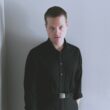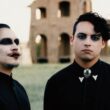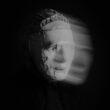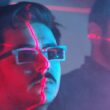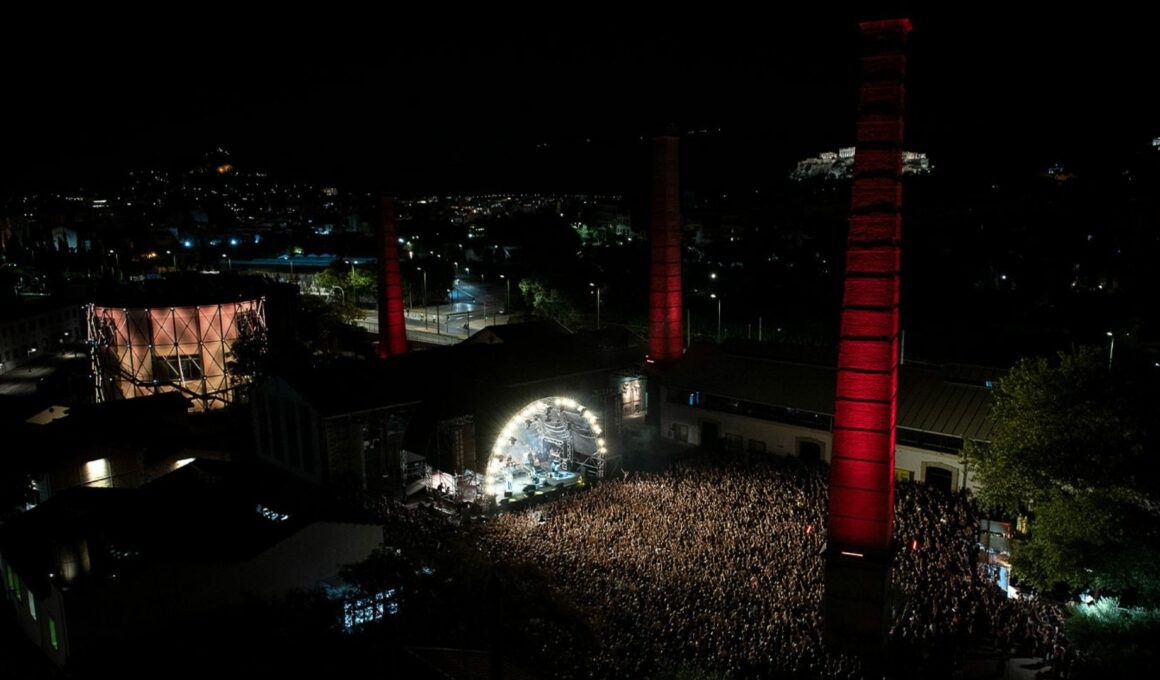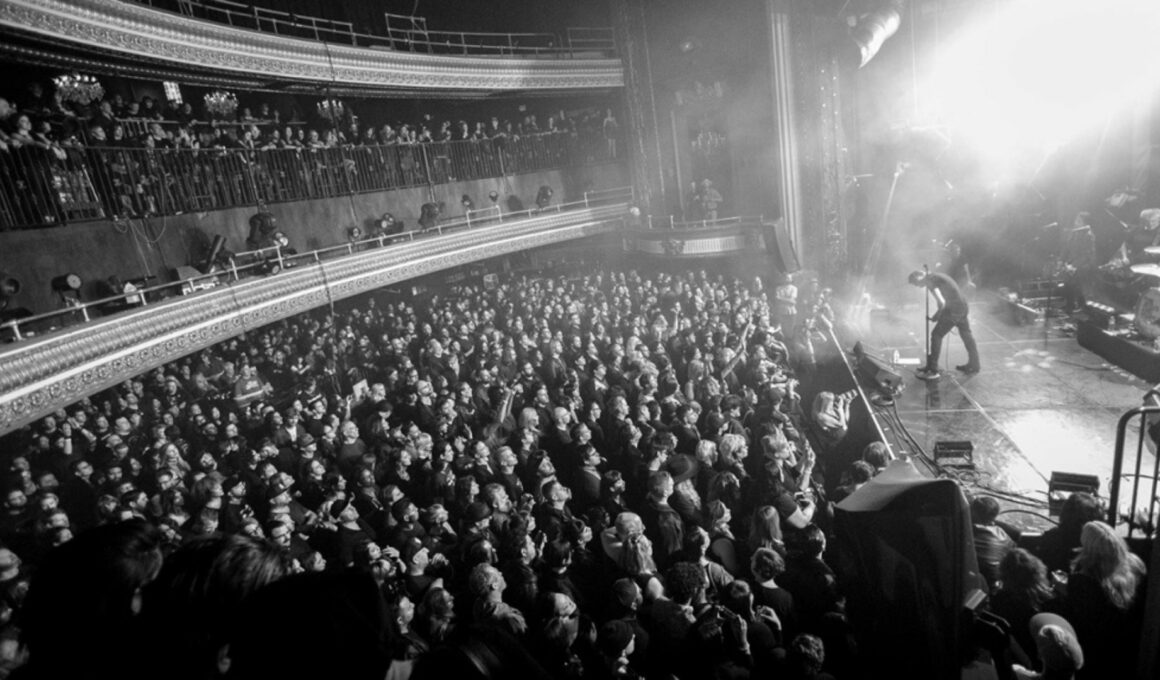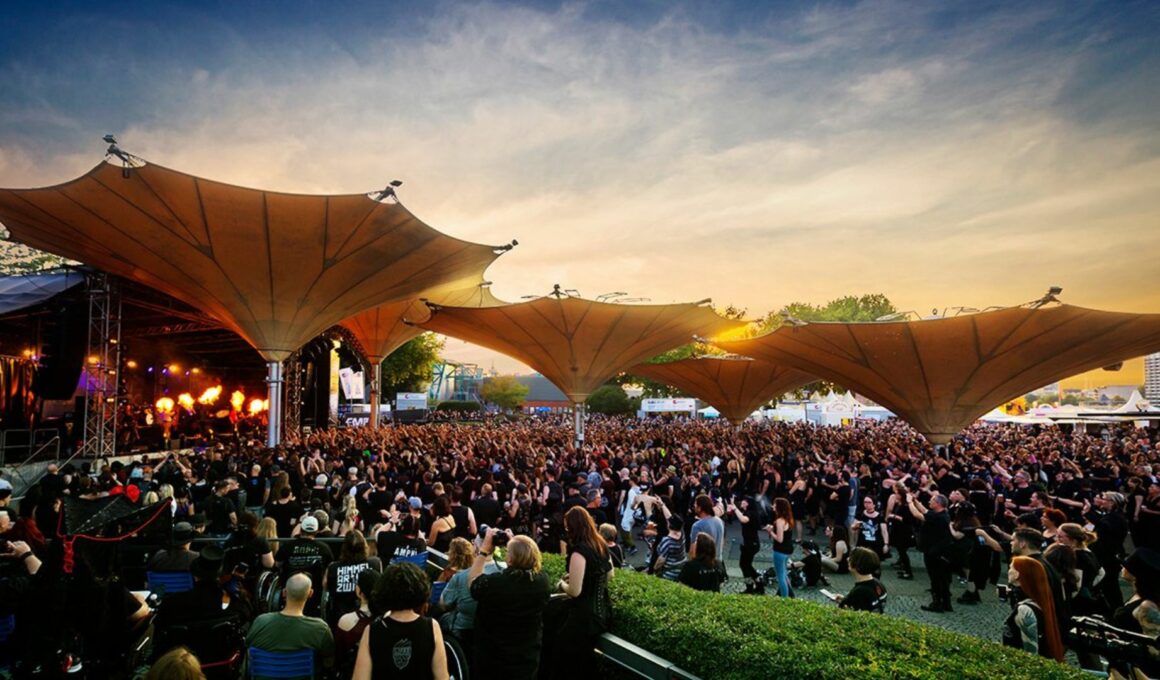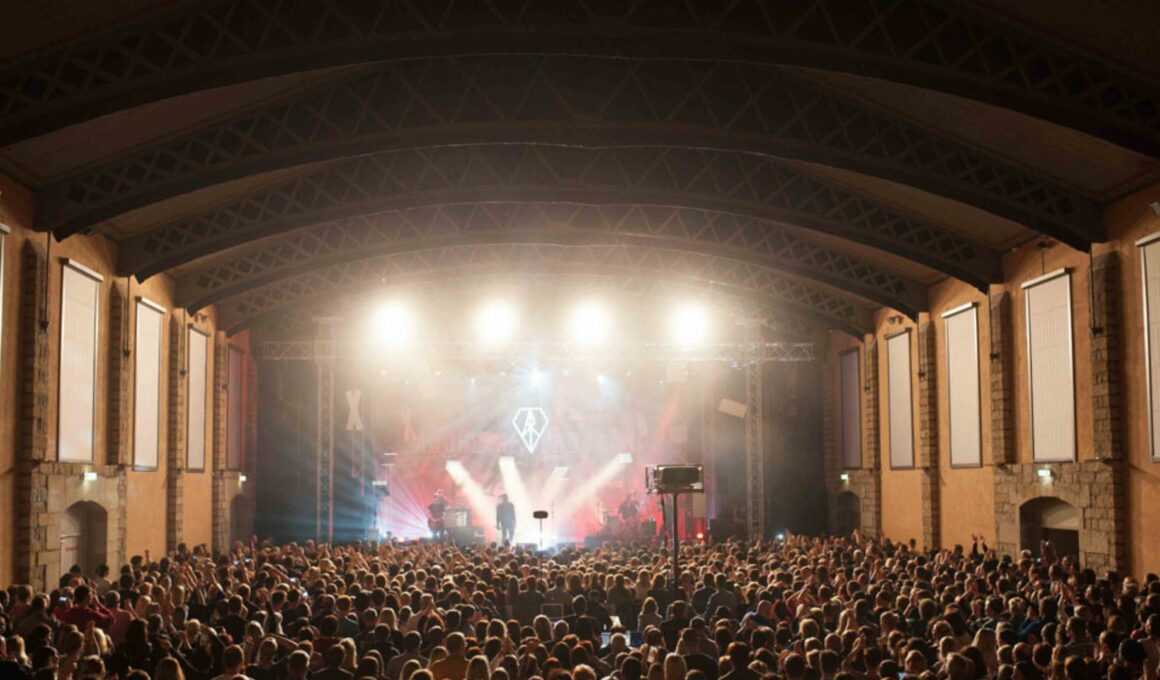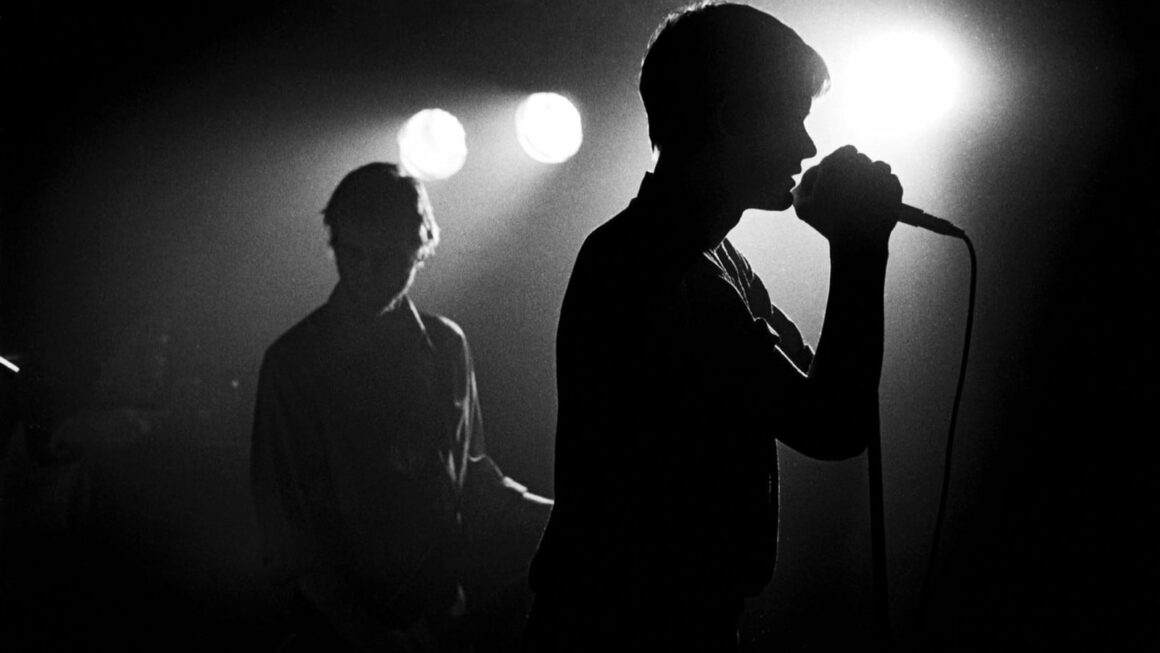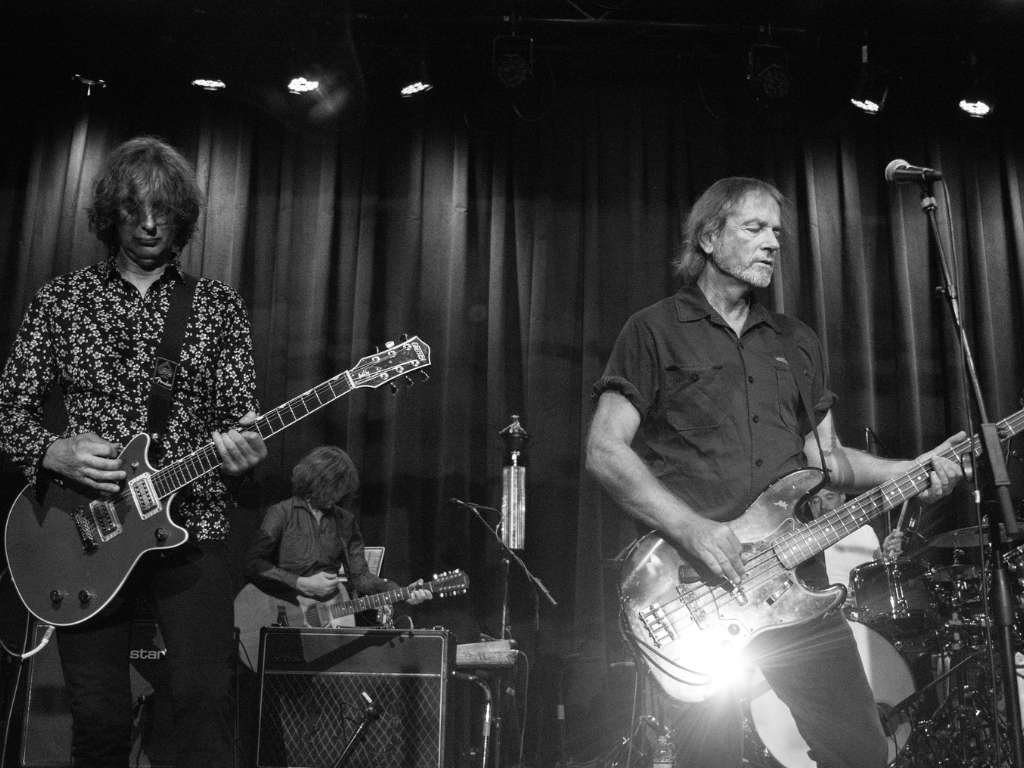
Underrated Bands: The Church
About a group that perfectly hit the sweet spot for listeners wanting to break out of genre conventions.
The fact The Church hailed from the land Down Under, where most things are slightly different, was in keeping with their surprising musical quirks and place as an anomaly amongst new wave artists. Founded by lead singer and bassist Steve Kilbey, guitarists Peter Koppes and Marty Willson-Piper, and Nick Ward on drums, they weathered a number of ups and downs, with a successful first album entitled Of Skins and Heart.
Ward would soon be replaced by Richard Ploog for their second album The Blurred Crusade but not before Of Skins and Heart saw the single “The Unguarded Moment” reach the charts in both Australia and New Zealand. This came around the same time as the revival of Parlophone – a huge wave for any band to ride – but for The Church, this was followed by a slump in media attention until the release of the critically acclaimed and LA-recorded fifth album Starfish.
Recording Starfish in Los Angeles, the band members found success something to be reckoned with. The recording process came alongside hard drugs in quantities that could only have been dreamed of in the Canberra glam scene from which the band members graduated from before making their first album. The inability to phone loved ones back home except on rare breaks also took its toll.
“We have this emotional thing that we’re playing with and it’s a risky lifestyle.”
Peter Koppes
According to Peter Koppes, the band was “tapping into those emotions to fertilize musical ideas”. Perhaps this intensity helped the album hit the Top 40 in Australia as well as become something of a pop cultural meme. Kilbey was disparaging of the lead single “Under the Milky Way”, claiming it only accidentally became a single. Yet it became an iconic part of the Donnie Darko soundtrack, something which anchored the Australian band firmly in US collective consciousness once and for all.
Against this up-and-down backdrop, The Church were bold enough to include elements that stood in contrast with other contemporary bands. Psychedelic guitar lines were more reminiscent of rock’s heyday, despite how post-punk had sometimes sought to be a more emotional alternative to this. The Church proved you could have both, balancing an air of surf culture and desert road trips with enough of a gothic glamour through titles such as that of their third album Séance.
However, as with his comments on “Under the Milky Way” much later, Steve Kilbey didn’t see it. “Maybe we were exciting to people who thought we were going to be bogged down with the Human League and the Buggles for the decade,” he said of “The Unguarded Moment”. Nevertheless, Kilbey’s point was a strong one. Their music really was a breath of fresh air for many even within the scene.
Regardless of the members’ views, The Church carved their niche by focusing on atmosphere as opposed to any overt themes. “The Unguarded Moment” starts with imagery of “those girls with rifles for minds” in the first verse. These aphorisms could mean three different things to three different people, yet this only helped them become popular across continents. In addition, their stylistic experimentation gave them the courage to venture into dream pop later and see its subsequent growth.
If new wave partly developed as a more emotional, complex alternative to the hard rock of the seventies, then The Church could be pigeonholed as the eighties answer for Australia to the ultra-masculine ACDC whose lyrics lacked the subtlety present within Kilbey’s cryptic metaphors. Yet even beyond the conventional rebellion of new wave, their spacy sonic atmosphere stands in contrast to the tense, urban, and borderline industrial sounds of America’s cities as well as the cold Northern towns of the UK where bands like The Smiths pioneered much of the era’s social consciousness. As a result, they hit a sweet spot for listeners wanting to break out of genre conventions.

